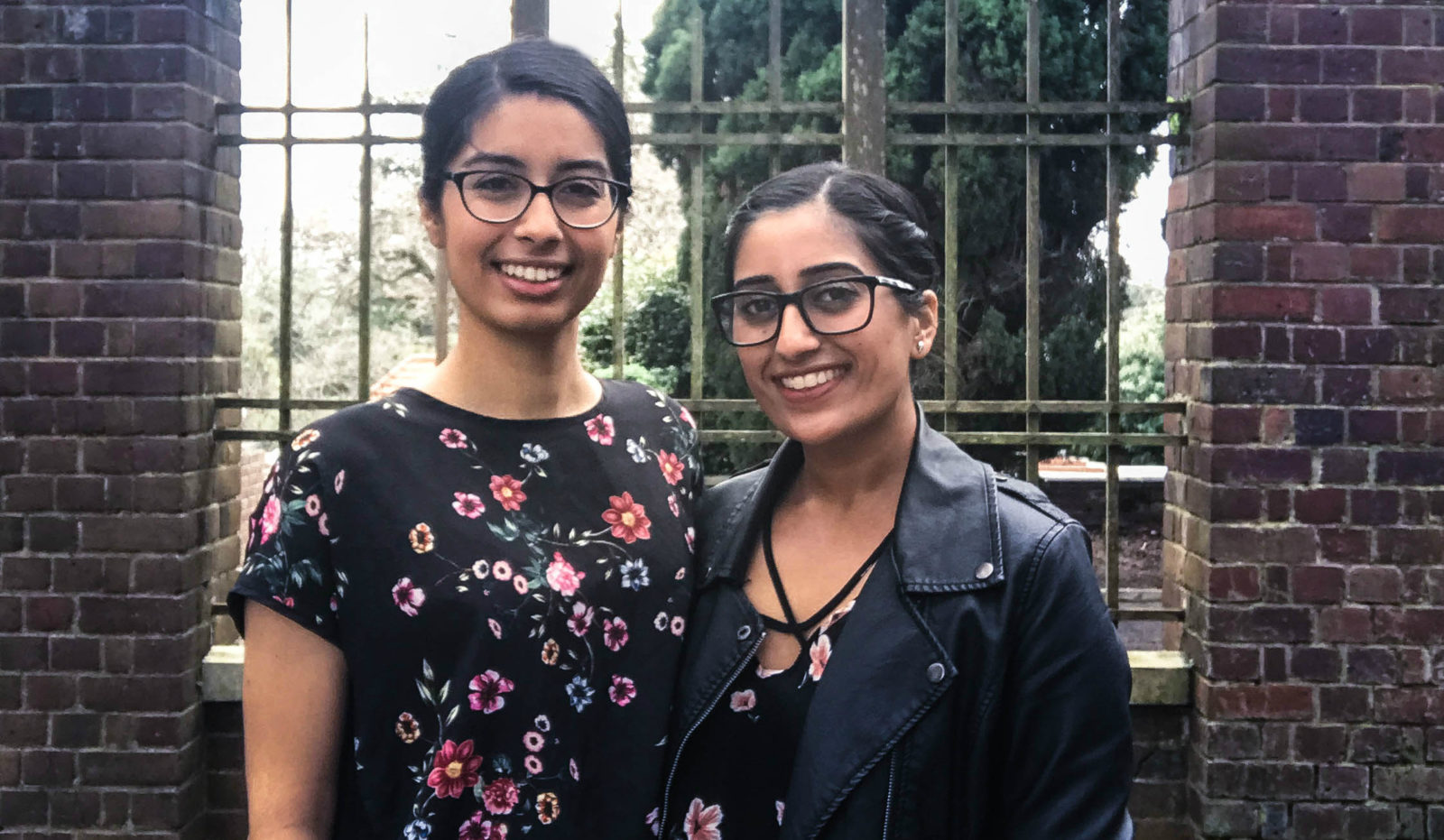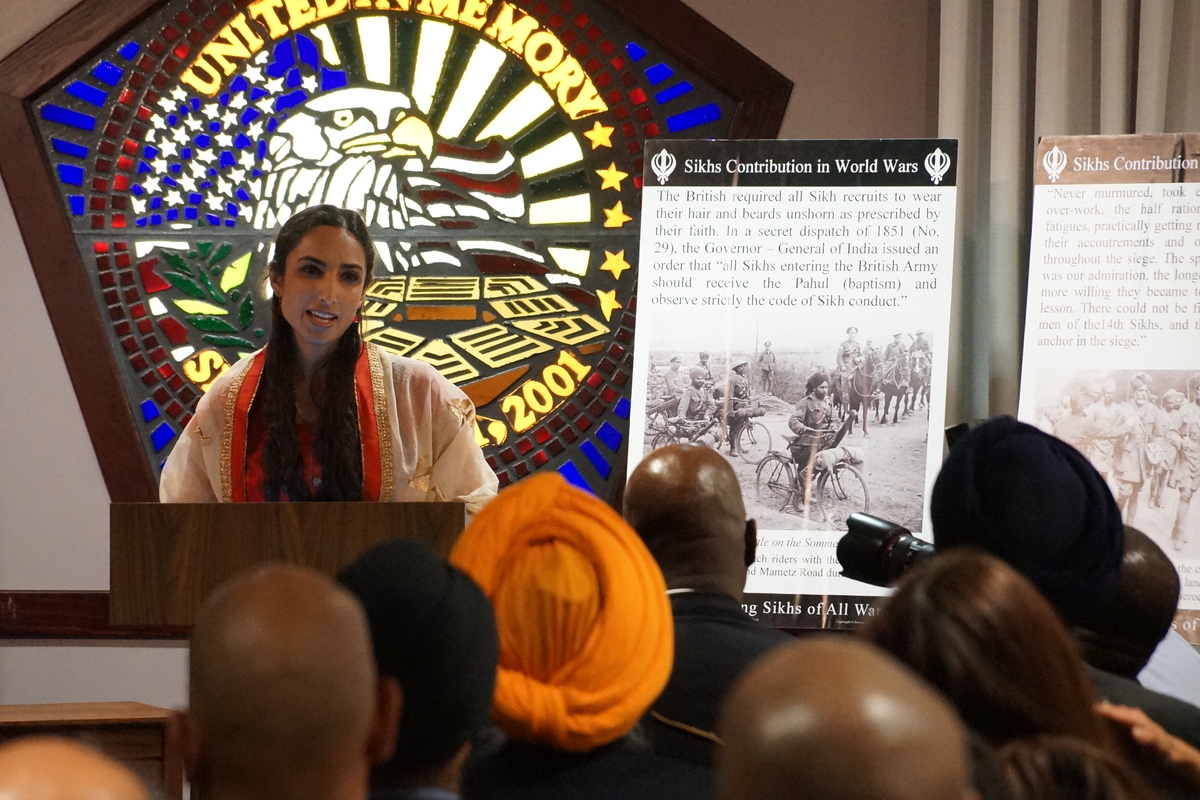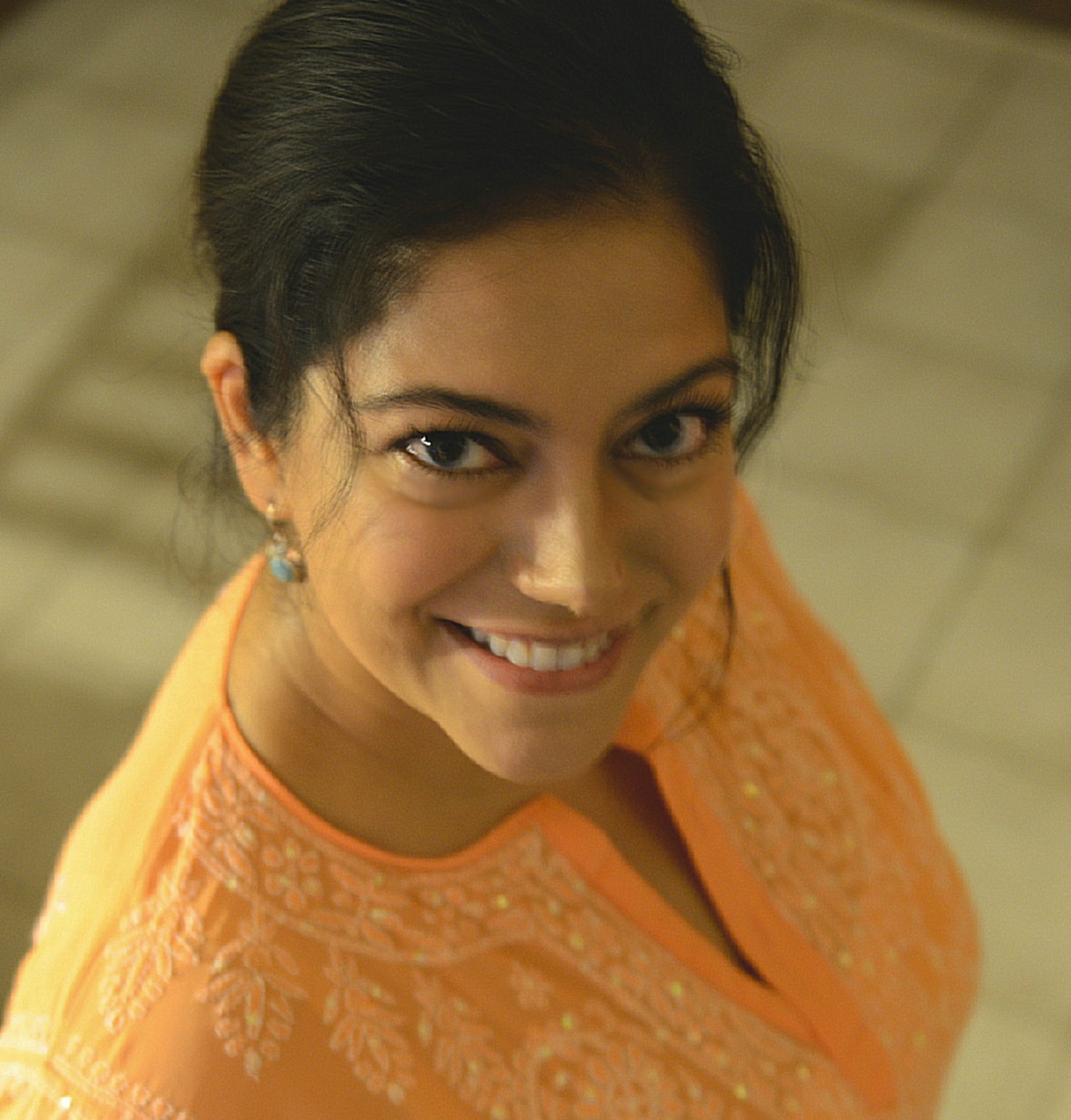With over 47,000 Instagram Followers, “The Indian Feminist” is taking the South Asian community by storm. Self-declared as “two kickass Punjabi girls smashing the patriarchy one post at a time,” Harsharin Kaur and Simran Kaur, both in their 20s, sat down with Kaur Life to share their Sikh feminist journey.
Tell us a little about yourselves. Where do you live? What keeps you busy? How do you know each other?
Simran: I live in Auckland, New Zealand. When I’m not behind the scenes of the Indian Feminist website or engaging with our platform, I’m studying towards being a health professional and working part time.
Harsharin: I also live in Auckland, New Zealand. I’m currently in the thesis year of my Masters, in Industrial and Organisational Psychology, and am also working as a public servant. Like Simran, tending to the various messages and posts of the Indian feminist page can keep me quite busy.
We first met at the Gurdwara many years ago, and then attended kirtan programmes together. We instantly clicked, and ever since then, we have developed a strong, sisterly bond, and can’t imagine life without each other!
What inspired The Indian Feminist (TIF)?
Growing up it has always been apparent to us that there are differences in how men and women were being treated. We’ve always been the type of women who would raise their voice if they felt like something was unjust – injustices like violence from refusal of dowries, preference for male children, unrealistic expectations of daughter-in-laws, domestic abuse, and blatant sexism are just the tip of the iceberg when it came to the inequitable treatment of women around us. We just couldn’t stay silent about it. It often feels like in our culture, controversial topics are swept under the rug, and we wanted to shine a light on them to start a conversation.
How did you start TIF?
Simran: After realising that posting my views on my personal Facebook page to the same friendship circle wasn’t going to have much of an impact, I looked towards Instagram where I felt I could reach a greater audience. Instagram is a quick and visual way to receive bite-sized information. There were already many feminist Instagram accounts, but nothing was there to cater for Indian/South Asian/Sikh feminists. I spoke with Harsharin and asked if she would be interested with something like this, with neither of us expecting it to grow as quickly as it has!
What’s your overall goal with TIF?
Our goal is to empower South Asian men and women, in particular those who identify with Indian and/or Punjabi culture, in allowing them to make their own decisions and living their lives free from outdated, traditional, patriarchal standards. Everyone has their own battles, whether it be with their families, in-laws, or even in their careers, and it can be hard to navigate through our own culture and the cultures we live in. Not too long ago, it was seen as unladylike to speak up in family matters or be bold about one’s opinions. We want to inspire people to find their voice and be confident enough to stand up for the injustice they see or face, both out in the community and at home.
What do you enjoy most about running TIF?
Simran: I personally really enjoy the messages and support we get from our followers. Many girls have messaged us, thanking us for creating a platform that has allowed them to embrace and be proud of their culture. I think representation truly makes an impact. A lot of the messages we have received, thank us for shedding light on topics that these people felt like they were the only ones dealing with. It’s so powerful to know that you’re not alone through the struggles that you face.
Harsharin: I quite enjoy how our posts create a dialogue in the comment section. It can be quite bitter-sweet; with people sharing their experiences and how they can relate to the posts, but also how females feel empowered by what we’ve said, or something they’ve read in the comment section, and even of people who have changed their views after reading a post/ the comment discussions. I enjoy seeing the connection that’s created amongst the followers, and how they feel comfortable enough to share their experiences and their views.
Do your parents or family know about this Instagram? What were there reactions? Positive? Negative? If negative, did you deal with their response?
Simran: My parents are traditional but open minded. I sat them down and showed them the first article we had been featured in – I really didn’t have any idea what they’d say. To my surprise both my parents and my nana ji were very proud. My dad had tears in his eyes as he talked about how equality of both men and women was exactly one of the messages Sri Guru Nanak Sahib Ji advocated for! My nana Ji even follows the account on Instagram!
Harsharin: I initially hadn’t told my family about this Instagram, because I didn’t know how they would react, or even how much traction we’d receive. My family is also quite open-minded yet traditional, like Simran’s, so I didn’t really know in what way they’d react. They stumbled across an article that Simran and I were tagged in, and I explained to them what the page was about. Over time, I’ve shared with them the messages we’ve received, and the posts that we’ve made. My mum has even had someone tell her that they follow the page while she was at a guests house, and she came home and told me about it excitedly. I think the more I shared with them the impact the page had, and that we were serious about it, the more supportive they became.
What has the Sikh community’s response been to it?
The Sikh community in our Instagram followers have been nothing but supportive. I think it’s because we touch on a lot of issues that people who identify as Sikh can relate to. It’s been wonderful connecting with so many like minded individuals who are all on the quest for equality for all!
What has the Indian community’s response been?
All in all, we’ve received quite a positive response from the Indian community, and quite a lot of support. We’ve had many females share their experiences, and provide their opinions about the various different topics that are discussed. We have also had a number of males who have told us that after reading some of the posts, they have realised how harmful their thinking was, and that they are on the path to change their thinking. We have received some backlash for some posts that we have made (as expected), but I guess not everyone enjoys having their mentality challenged.
How do you define “feminist”?
Chimamanda Ngozi Adichie describes a feminist as “a person who believes in the social, political, and economic equality of the sexes.” In a way, that really encompasses the meaning. We do not believe men nor women should be above or seen as better than one another. It’s as simple as that, and it’s definitely nothing to do with believing women are above men or that we want to “take the power”.
Why is it important to address feminism from a South Asian perspective?
Addressing feminism from a South Asian perspective means that you understand that feminism is intersectional. That means that although there are common experiences that all women can relate to, and which feminism tries to tackle, there are experiences and oppressions that are specific/more prominent to the South Asian narrative – e.g. sexist traditions and customs, inherently patriarchal culture, colourism etc. These are the types of issues that we try to create a conversation about.
How did you come to your personal feminist awakening?
Simran: For me I’ve never had a “feminist awakening” – I feel like I always grew up thinking men and women were equals. My father helped me grow up feeling like there was nothing a man could do that I couldn’t, so I always felt as an equal in every regard. When I grew older and started noticing the sexism around me, I guess then you could say I began to vocalise my feminist views.
Harsharin: I was fortunate enough to grow up surrounded by three strong, and independent women; my mum, my aunty, and my cousin. I was quite the tomboy when I was younger, and often I would hear people say remarks about me to them, and they would instantly shut them down. I kept hearing more and more sexist remarks from family members, and very quickly realised that the thinking of my mum, my aunty, and my cousin were not the norm. I think, like Simran, I didn’t have an “awakening” of sorts, but the more sexism became apparent to me, the more it burned an inner fire in me.
How do you feel Sikhi inspires your work? What elements of Sikh values are in your work?
One of Sikhi’s foundations is to treat men and women equally, so naturally that comes into our work. We also incorporate the dismail of the caste system, and being open to all people from all walks of life, including minorities.
What lessons have you learned about Sikhi through your work?
We have been able to connect with a lot of amazing Sikh women in western countries, many of whom are able to stay true to their Sikh values and beliefs, whilst also living their life freely and happily – it has taught us how it’s definitely possible to incorporate Sikh values and practises into daily living.
In reacting with young Sikh women through TIF, what do you think the biggest challenge are facing young Sikh women today?
There is a huge array of challenges that young Sikh women are facing, but one of the biggest and long standing challenges that comes to mind is the fetishisation of hairless bodies. On one hand, young women go to the Gurdwara and are taught that our hair is a gift and that we should not meddle with it. While on the other hand, these girls are then told by many avenues, including mainstream media and their peers (especially men), that they should not have body hair, and that it is ‘manly’ and ‘untidy’. It’s not easy being a young woman. It’s not easy feeling pressured to look and behave a certain way, wanting to fit in, and also having to juggle between two very opposing views. We discuss this on our account, and encourage women to make their own choices based on their own beliefs and values, rather than conforming to other people’s standards.
What’s your vision and future plans with TIF?
We are in the process of expanding our platform to our own website: theindianfeminsit.com. This is where our community can purchase our merchandise and artwork, and find more resources on issues that are dear to them. Our vision is to continue to expand and grow, and be able to reach and thus empower many more people to live their authentic lives, and to feel comfortable enough to challenge the injustice they see or experience. We are always looking for ways to collaborate with other amazing people and organisations, who share the same passion as us for equality.
If someone wants to get invovled, support, or help TIF, what can they do and how can they reach you?
Our email info@theindianfeminist.com is always open for those who want to get involved! We also sometimes post on our instagram story if we need any assistance. We love receiving instagram DM’s, but due to the sheer number that we receive, it can be easy for a message to get lost in the pile; hence email is the best way to contact us. If you have an experiences to share, a collaboration in mind, or even want to just pop by to say hi, please do! We always love being in touch with our followers and seeing the immense strength and passion by everyone in the community.
Any last comments?
If I was to give any piece of advice, it would be to never be ashamed or scared of making yourself heard if you have something to say. Too often the dynamic in South Asian and Sikh communities is that young women may feel that their voices and opinions are not as important, even when they’re asked to share their opinions – where it be at home or out in the community, but our voices are valued and we do need to speak up. Many Sikh female warriors have come before us, and it is in our blood to stand up for what we know is right.





1 Comment
Anonymous
07/20/2024 at 6:20 amTIF encourages women to break the law. Watch the first few minutes of https://www.youtube.com/watch?v=uZzVqgaAu7g